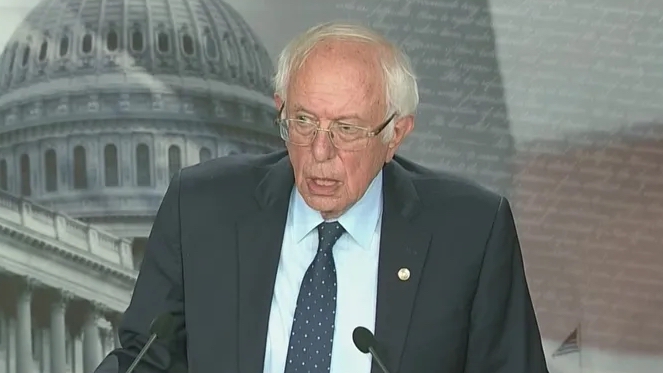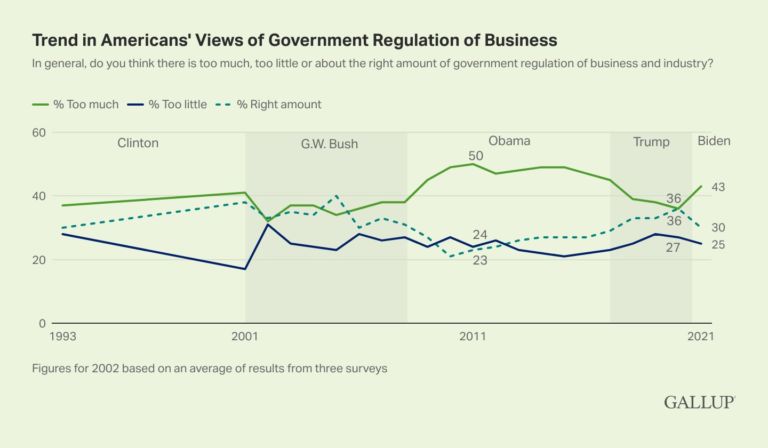Jessica Melugin of the Competitive Enterprise Institute uses a USA Today column to expose flaws in the arguments of those who are apoplectic about the recent “net neutrality” rollback.
[N]et neutrality would ban Internet providers from blocking any legal content. The reasoning for such a ban is dubious. After all, broadband companies own their private lines and should be able to choose what goes over them. Which raises the question: Do consumers really need the government dictating a no-blocking policy that so tramples on Internet service providers property rights?
Consider one familiar, long-established industry. What if the federal government forced grocery stores to carry every conceivable food item?
Grocery stores have strong incentive to give their shoppers as many choices as possible. If a store chooses not to sell a product, it risks losing customers to competitors that carry that product. Broadband providers operate under the same restraint. They have every incentive to offer their customers maximum access to the Internet’s sites and services.
Some net neutrality proponents oppose allowing broadband companies to develop and then favor their own content, even though this is akin to supermarkets giving their own store-brand products valuable shelf space alongside recognized national brands.
American consumers experience vast and expanding choice at their grocery stores without federal mandates. There’s no reason to believe market forces wouldn’t deliver the same results online.


